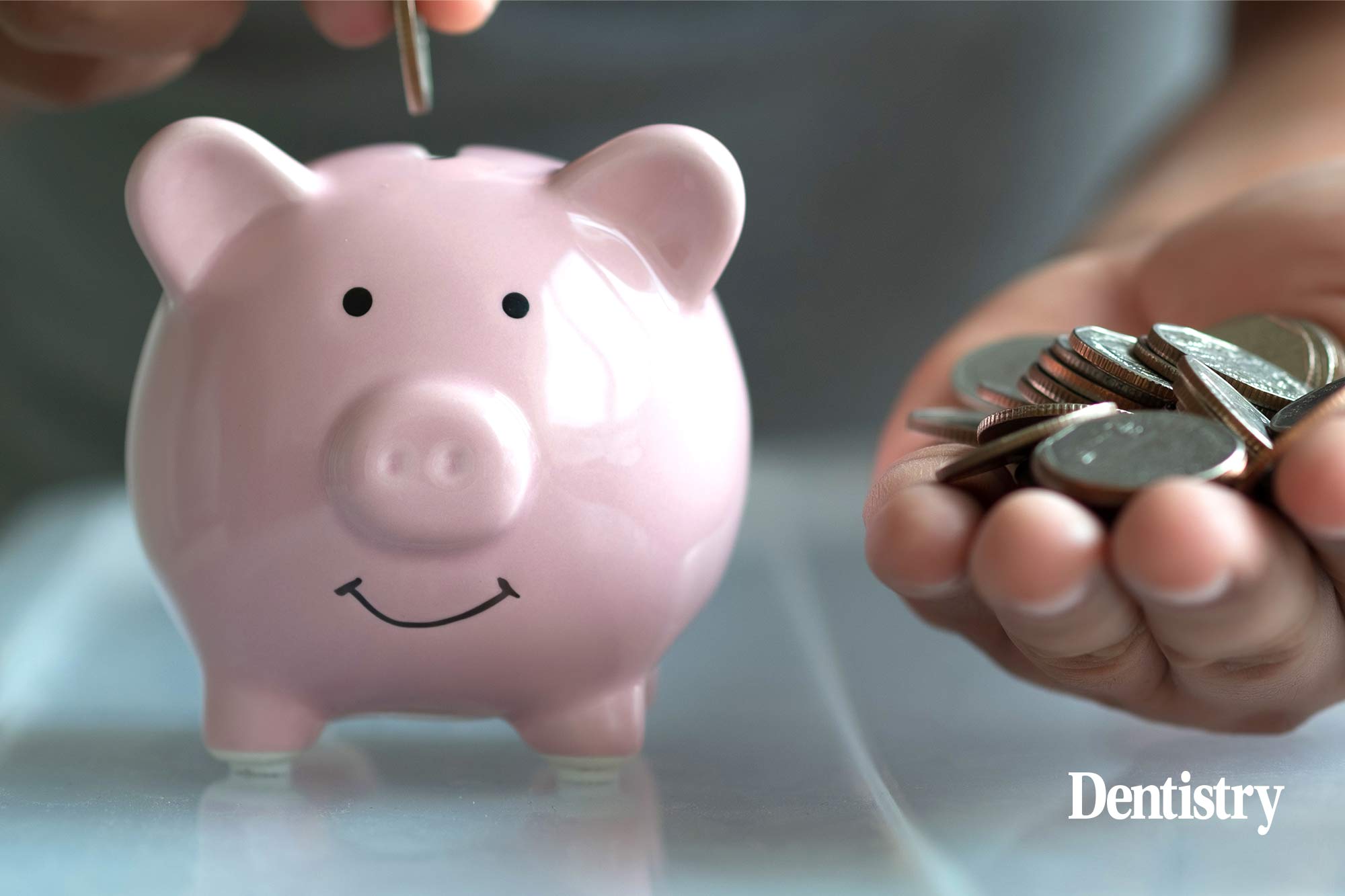
Since the Covid-19 pandemic, for various reasons a large number of dentists have chosen to hand back their NHS contracts and become private practices.
When leaving the NHS, some practices have chosen to introduce a membership plan to help replace some of the income they would have received for their NHS treatments.
A sensible move. However, there are other things that need to be replaced when leaving the NHS, ideally as soon as possible, and these are known as your ‘basket of benefits’.
Practice Plan regional support manager, Ian Eslick, spoke to Wesleyan specialist financial adviser, Simon Cosgrove, about how to go about replacing the basket of benefits.
When I go to see a practice to talk about moving from the NHS to private practice, I look mainly at the numbers to do with practice revenue. Our membership fees help to replace what they would have been paid by the NHS, what else should dentists be thinking about replacing?
One of the pitfalls some dentists fall into is that they leave the NHS for private practice and they think, ‘I’ll start my pension again in a couple of years. I’ll just have a bit of a break.’ and then they forget to do it.
Or they can’t get around to it as they’re so busy. That’s a bit dangerous, as they could be losing out on more than they realise.
NHS pensions and private ones are not the same. The main difference between the two is that an NHS pension is based on an individual’s income. Whereas a private pension has to be invested in the stock market.
Once something is invested, or even if you have savings in a bank, you are going to get compound growth on it – that is, you get growth on growth.
So, if something grows by 5% in one year and then it grows by 10% the next year, both the previous year’s balance and its 5% growth will grow by 10%. So, it grows faster every year.
Even delaying things by a couple of years can mean that you have to save more to get the pension you want.
You’ll be missing out not just on the growth and contributions for those years, but the compound growth on those years every year until retirement.
For example, something that might have cost £300-a-month to get the level of saving that you wanted might suddenly cost £500-a-month because you delayed by a couple of years. So, it’s best to make it a smooth transition.
From the very first month, start your pension. So, if you go private on 1 January, make sure you start your pension immediately, so you’ve got a continuous flow of saving into a pension.


I don’t think people appreciate how a delay in replacing their pension could affect them.
Indeed. However, there are other aspects to the pension that a lot of dentists don’t realise. Obviously, a pension is primarily there to provide you with an income and a lump sum in retirement, but another part of the pension is a spouse’s pension.
So, in the event of your death your husband or wife would be eligible for a spouse’s pension from the NHS. There’s also a dependents’ pension.
So, if a dentist dies in service and they have children, the NHS will also pay a dependents’ pension until the children are 23, if they’re still financially dependent at that stage. A lot of dentists don’t realise these are built into their NHS pension.
These benefits can be replaced, though, can’t they?
Yes, there are ways of replacing them. A dentist moving to private practice could just replace a pension with a pension. But they may also want to take out life cover.
However, life cover doesn’t always have to pay out as a lump sum, it can be income. There’s something called a Family Income Benefit policy.
They’re there to replace someone’s income in the event of their death. If someone died and their spouse was given £200,000, they might not know what to do with it or how to make the best use of it. People are more used to income coming in every month, so a Family Income Benefit policy does just that.
It pays out income to replace the dentist’s income. That can be used as one way of replacing the NHS spouse’s or dependents’ pension. They could say, well let’s aim for £5,000 a month worth of income in the event of my death.
Maintain standard of living
That will replace my income, that will replace the spouse’s and dependents’ pension and will ensure that my family can afford to maintain their standard of living if I’m no longer around.
Life cover is relatively inexpensive because with modern technology, and medicals nowadays, fewer people die early. You’re more likely to be off work long term than you are to die early. This means life cover is comparatively cheap.
Also within the NHS pension is a lump sum in the event of death, which is two times pensionable income.
So, if a dentist is earning £50,000, then in the event of their death while they’re working, they will be paid £100,000, as well as the spouse’s pension and the dependents’ pension.
However, that can be replaced with a normal life policy, which just pays out a lump sum in the event of death.
There’s quite a lot to think about, there, Simon. I must admit, most dentists I speak to are more bothered about sorting the business side of things than looking after their personal finances. Are there any other things they should be looking at?
Another aspect of the NHS pension to consider is the ill health retirement pension. If a dentist becomes ill and they’re never going to be able to work again, then the NHS will pay them their pension early.
There are two tiers to the ill health retirement pension. Tier one is if they can’t do their own job, but they can do another job within the NHS. In that case, they will be paid the pension they’ve built up to that date.
If they can never work again, then they will be paid what they built up to date plus a proportion of what they would have earned had they worked all the way to retirement.
So again, it’s an often-overlooked aspect of the NHS pension that private dentists either don’t know about, or don’t think about.
In summary, the NHS Pension offers retirement benefits, spouses’ and dependents’ pensions, an ill health retirement pension and death in service cover. There’s quite a lot to replace but it’s all replaceable in various ways.
Income protection
The other final thing is sick pay. The NHS provides sick pay to dentists based on their NHS pay, and they receive full pay between weeks four and 26 of any illness.
So, for the first month, they’re on their own. After four weeks the NHS then starts paying them until 26 weeks have elapsed.
So, there’s that period of 22 weeks of sick pay, which they’re losing. A lot of dentists will have chosen to take out income protection. Particularly if they’ve been seen by a Wesleyan adviser, because that will replace their income.
But we will design it so the income protection doesn’t start paying until the NHS sick pay stops paying them after six months, which makes it cheaper.
If they lose the NHS sick pay, then we would have to start that income protection sooner. We would talk to them about how long they could survive if they couldn’t work.
What would it be? A month? Three months? It varies, based on individual circumstances. We’d have to reduce what’s called the deferred period (when the income protection starts paying) which would increase the monthly cost of the policy.
So those are probably the six main things dentists either are concerned about or are unaware of when moving from NHS to private: their own NHS pension, spouse’s pension, dependents’ pension, ill health retirement, death in service, and sick pay.
If a dentist is looking at leaving the NHS for private practice, we’re always happy to advise them on the best way to secure their future. A good place to find some more information is on the Financial Advice for Dentists page of our website.


